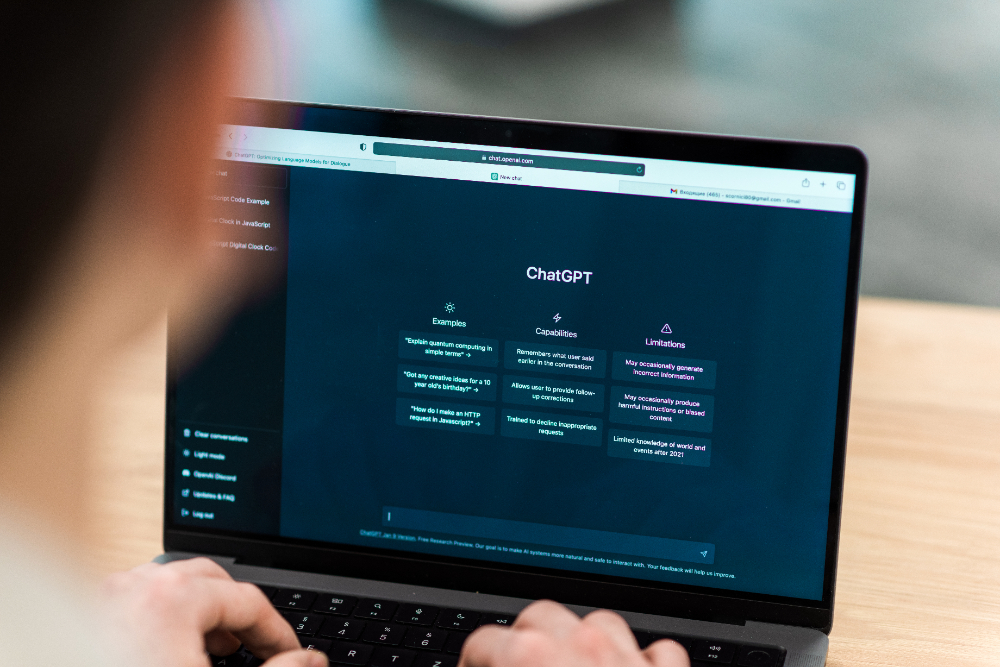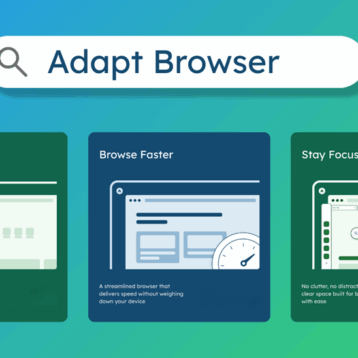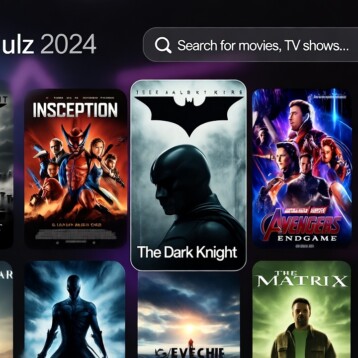ChatGPT, created by OpenAI, is a state-of-the-art AI chatbot designed to excel in natural language processing. Its wide-ranging capabilities include everything from casual conversations to tackling complex problem-solving tasks, making it one of the most adaptable tools in the AI chatbot landscape. Powered by advanced models like GPT-4, it generates highly contextual and human-like responses that set a high standard in the industry. However, despite its strengths, ChatGPT might not meet everyone’s specific requirements. Factors such as pricing, unique use cases, or the need for tailored integrations often prompt users to consider alternatives to ChatGPT. In particular, individuals or businesses may prefer solutions optimized for specialized tasks, such as coding assistance or customer service support, making these alternatives a valuable option.

Top Alternatives to ChatGPT
OpenAI Codex
OpenAI Codex is a specialized alternative to ChatGPT, designed to assist with programming and code generation. It supports multiple programming languages, including Python, JavaScript, and Ruby, making it an invaluable tool for developers. One of its key features is the ability to convert natural language instructions into functional code, streamlining tasks like code completion and debugging. Codex also integrates seamlessly with platforms like GitHub Copilot, enhancing productivity within development environments. Beyond professional use, it’s an excellent learning resource for students and coding enthusiasts, providing clear examples and explanations. Whether for automating repetitive coding tasks or exploring new frameworks, OpenAI Codex is a standout choice for developers.
Google Bard
Google Bard is an advanced AI chatbot powered by Google’s LaMDA (Language Model for Dialogue Applications), designed to deliver accurate and insightful conversational responses. Unlike ChatGPT, Bard is deeply integrated with Google’s ecosystem, allowing it to access up-to-date information directly from the web, making it particularly useful for research and real-time queries. One of its standout features is its ability to provide detailed, contextual responses by leveraging Google’s vast knowledge base, ensuring accuracy and relevance in its answers. Bard excels in summarizing complex topics, offering quick insights, and even generating creative content like stories or poems.
Its real-time data capabilities make it a go-to tool for tasks that require current information, such as analyzing news or market trends. Moreover, Bard’s seamless integration with other Google services, such as Google Search, Docs, and Drive, enhances productivity and collaboration for professionals and students alike. It’s especially useful for academic purposes, as it can help draft essays, answer research questions, or even explain scientific concepts in a simplified way. With its ability to understand nuanced questions and deliver precise answers, Google Bard is a top alternative for users who prioritize real-time, fact-based assistance combined with creativity.
Microsoft Bing AI
Microsoft Bing AI is a versatile alternative to ChatGPT, integrating the power of OpenAI’s GPT model with Bing’s search engine capabilities. It excels at delivering real-time, accurate responses by combining conversational AI with up-to-date web search results. One of its unique features is the ability to provide source citations for its answers, making it a reliable tool for research and fact-checking. Bing AI’s seamless integration with the Microsoft ecosystem, including tools like Office 365 and Edge, enhances productivity for professionals and students alike. Its conversational abilities are complemented by its focus on delivering concise, context-aware insights tailored to user queries. Whether for academic research, professional tasks, or everyday information needs, Microsoft Bing AI stands out as a practical and user-friendly choice.
Jasper AI
Jasper AI is a robust alternative to ChatGPT, specifically designed for content creators and marketers seeking high-quality, AI-driven assistance. Its primary focus is on generating written content, such as blog posts, social media captions, ad copy, and email campaigns, making it an ideal tool for businesses. Jasper’s standout feature is its ability to tailor the tone, style, and format of its outputs to match specific branding or audience needs. Additionally, it offers pre-built templates for various types of content, streamlining the creation process and saving significant time. Jasper also includes tools for SEO optimization, helping users create content that ranks well in search engines while maintaining high readability. With its user-friendly interface and customization options, Jasper AI is a go-to solution for those looking to boost their
Comparing Alternatives Based on Use Cases
- AI for Content Creation
If content creation is your primary focus, Jasper AI and Google Bard are excellent choices. Their features cater to marketers, bloggers, and content creators, providing templates and real-time research capabilities. - AI for Coding and Development
For developers, OpenAI Codex is the top contender. Its coding-focused functionality can automate and optimize coding tasks. - AI for Customer Support
Chatbots like Microsoft Bing AI and Claude excel in customer support, offering contextual, accurate, and safe responses. - General-Purpose Chatbots
For general-purpose tasks, ChatGPT and Google Bard remain dominant, thanks to their adaptability and vast knowledge base.
How to Choose the Right AI Chatbot for Your Needs
Selecting the ideal AI chatbot depends on understanding your specific requirements and aligning them with the capabilities of the available tools. First, identify the primary purpose of the chatbot—whether it’s for content creation, coding assistance, customer support, or general inquiries. For instance, Jasper AI excels in crafting marketing content, while OpenAI Codex is better suited for programming tasks. Next, evaluate your budget and the pricing models of different tools. Some chatbots, like Microsoft Bing AI, offer free versions with robust features, while others, such as Jasper or Claude, operate on subscription plans with advanced capabilities.
It’s also crucial to consider the integration options of the chatbot with your existing systems. Tools like Jasper or Google Bard can seamlessly integrate with platforms like Google Workspace or CMS systems, enhancing productivity. Scalability is another important factor, especially for businesses that plan to expand their chatbot usage as their operations grow. Additionally, pay attention to the user-friendliness of the tool; a simple and intuitive interface can save time and reduce the learning curve.
Finally, assess the chatbot’s approach to data privacy and security, especially if it will handle sensitive information. Many leading AI tools comply with industry standards to safeguard user data. By thoroughly analyzing your needs, preferences, and the features of available tools, you can make an informed decision and choose an AI chatbot that perfectly aligns with your goals.
Exploring ChatGPT alternatives opens the door to a wide range of possibilities. Whether you need a specialized tool like Codex or a versatile option like Bard, the AI chatbot market is rich with choices. Evaluate your requirements, compare features, and choose the tool that aligns with your goals.










